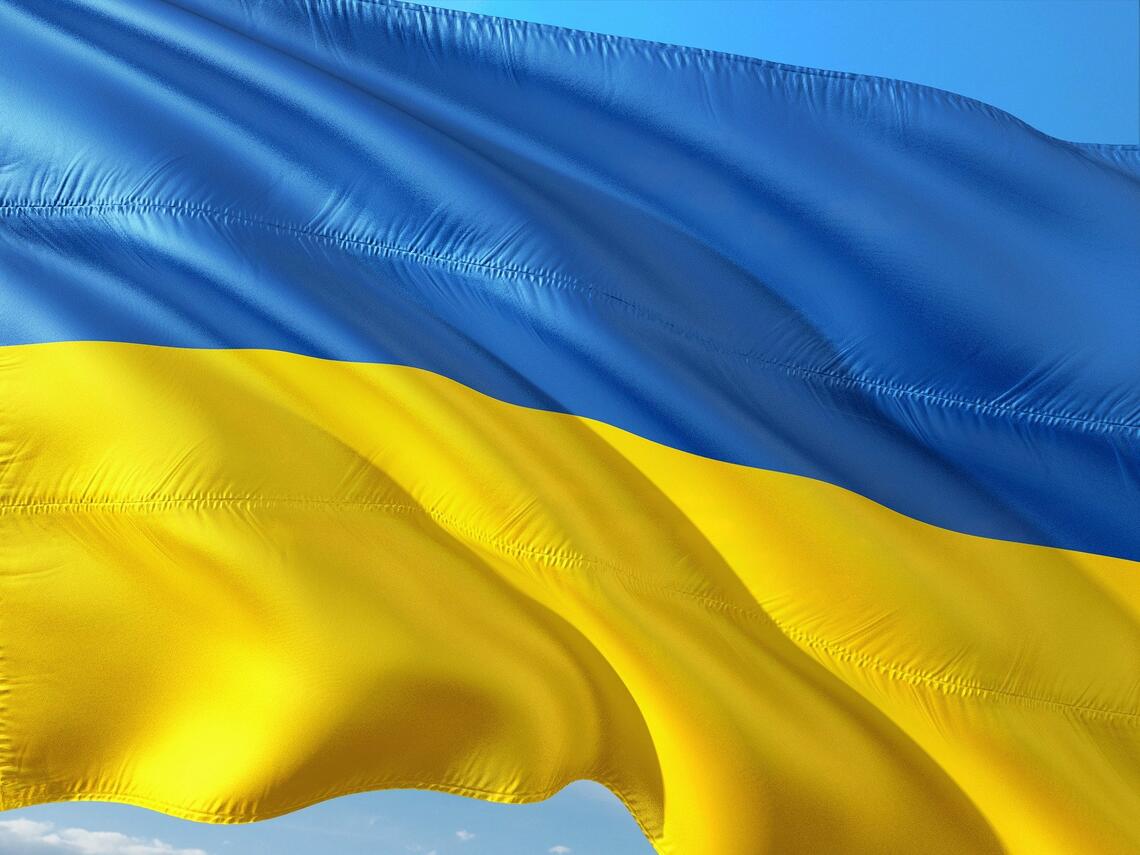Scientific Data about Society in Ukraine: Highlights from the webinar

The webinar was co-organised by the ESFRI Strategy Working Group Social and Cultural Innovation (SWG SCI) and EASSH.
It provided a learning opportunity for involvement of Ukraine in research infrastructures (RI), with examples from ESS, SHARE, GGP, CESSDA and CLARIN. The European Commission, DG RTD, gave a presentation about their support activities for research in Ukraine.
It addressed three thematic areas:
- data collection
- data archiving in the social sciences
- data and digitisation in the Humanities and Cultural Heritage.
The overarching ambition was how to provide profound scientific data for research in SSH disciplines in Ukraine and how Ukraine can cooperate with European Research Infrastructures.
Speaker highlights
ESFRI-Chair Jana Kolar:
The research system and infrastructure in Ukraine was severely disrupted due to the Russian aggression and several RIs were destroyed. ESFRI recommended therefore that RIs set up specific measures in support of the Ukrainian research community, such as access provision, training, provision of scientific equipment, etc.
Rory Fitzgerald, Director of the European Social Survey (ESS ERIC):
Ukraine took part in earlier rounds of ESS between 2004-2012, but then slipped away for a time. ESS focuses on European attitudes and data about values. ESS data was used for monitoring different societal aspects of EU candidate countries, for instance in the Western Balkans accession talks.
Andrii Gorbachyk, National Coordinator of the ESS in Ukraine:
Europe needs to have transparent, unbiased information about Ukraine.
Brienna Perelli-Harris, member of the Consortium Board of the Generations and Gender Programme (GGP):
We need a strong, large, representative household survey in Ukraine and to support survey agencies in Ukraine.
Natalia Kharchenko, Executive Director at the Kyiv International Institute for Sociology (KIIS):
There's an ongoing cooperation with the Czech Social Science Data Archive (ČSDA). They helped to copy and transfer social science data from the Kiyv Archive to their servers in order to protect and store it.
Axel Börsch-Supan, Managing Director, Survey of Health, Ageing and Retirement in Europe (SHARE ERIC):
It would be useful to interview Ukrainian refugees in Poland and Germany. However, access to administrative data is a pre-requisite and a challenge.
Olga Zhmurko, researcher at the Czech Social Science Data Archive (ČSDA), service provider of CESSDA ERIC:
Examples of data collections, e.g. on the attitude of the Ukrainian population towards Russia and Ukrainian-Russian relations, as well as a list of topics expected to be stored at ČSDA.
Some conluding remarks
The discussion was concluded by ideas for future collaboration efforts in the near future. Larger, more systematic activities to include Ukraine in research infrastructures will need support at a European level.
A cross-RI task force on Ukraine challenges could be envisaged as well as a coordinated approach to survey data collection. Helping to design surveys on context-specific issues (internal displacement and separated families etc.) could be initiated. ESFRI SWG SCI could set up and run (a) platform(s) to exchange this type of information and activity.
It was agreed that there should be another webinar in the near future to see what has been achieved and to build a platform for more stable collaborations.
More information:
The webinar attracted over 60 participants from research infrastructures, representatives from EU-Member States, delegates from ESFRI and ERICs, as well as funders from national, private and international organisations and the European Commission.